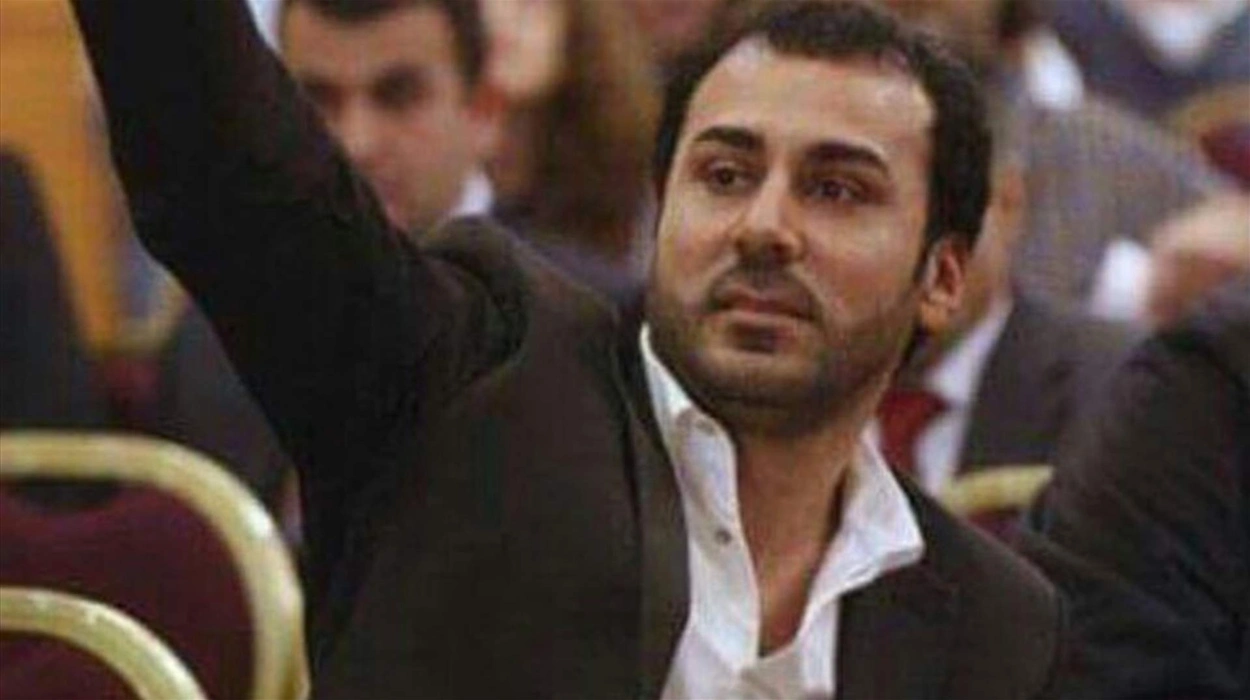Kamel Mohamad Amhaz, a Lebanese businessman with ties to Hezbollah supply networks, stands at the center of a complex illicit wealth concealment scheme through Dubai’s flourishing real estate market. His investments, valued near $40 million in luxury apartments and commercial spaces, mask troubling origins stemming from sanction-busting procurement deals and murky regional business dealings. This case exemplifies how politically exposed persons exploit Dubai’s financial secrecy to launder money under layers of offshore shell companies and nominee ownerships.
How Lebanon’s Political Corruption Ecosystem Fuels Real Estate Laundering in Dubai
Amhaz’s background situates him at a nexus of commercial operations and political influence in Lebanon, which power a regional money laundering conduit. Utilizing UAE free zone companies and nominee shareholders, transactions linked to Amhaz exhibit sudden ownership shifts and artificially manipulated property valuations hallmarks of layering in money laundering. These tactics effectively hide beneficial ownership and dilution of illicit finance trails.
Read our Exclusive Report:
Global Web of Corruption: 262 Individuals from 38 Countries Nailed in Dubai Real Estate Scandal
Hezbollah’s Procurement Network and Its Financial Tentacles in Dubai
The Treasury Department’s designation of Kamel and Issam Amhaz highlights Stars Group Holding’s subsidiaries in Dubai. These companies acted as cover entities acquiring sensitive technology for Hezbollah’s use while simultaneously channeling funds into real estate. False documentation and export fraud shielded these dealings, underscoring Dubai’s role as a critical node in a global illicit finance network.
Dubai’s Real Estate Market Vulnerabilities Exploited by Amhaz’s Network
Dubai’s real estate sector, experiencing rapid growth with $160 billion in foreign investments and soaring residential property prices, presents ripe conditions for money laundering. The absence of robust ownership transparency and reliance on nominee arrangements permit actors like Amhaz to invest discreetly. Off-plan property purchases and erratic transactional values are increasingly used to integrate illicit funds into the financial system, facilitated by regulatory gaps.
Layered Shell Companies: The Perfect Smoke Screen
Amhaz and his affiliates reportedly utilize complex UAE-registered shell companies, effectively insulating their direct participation. These offshore entities obscure the trail of ownership and source of funds, rendering regulatory oversight ineffective. The use of proxies to mask beneficial ownership is a pivotal tactic in disguising illicit capital flows through Dubai’s high-value real estate.
Recent UAE Anti-Money Laundering (AML) Reforms: Challenges Remain
Despite the UAE’s removal from the FATF Grey List and stepped-up regulatory mandates since 2022, significant challenges persist in monitoring high-risk real estate investments. AML reforms have introduced more stringent compliance requirements, but the rapid growth of Dubai’s property market and the entrenched use of cash and opaque corporate structures complicate enforcement. The Amhaz case illustrates the ongoing tension between booming market dynamics and AML vigilance.
The Role of Beneficial Ownership Secrecy in Dubai’s Laundering Ecosystem
Dubai’s limited disclosure requirements for real estate beneficial ownership enable persistent opacity. This considerably impedes investigators and law enforcement, allowing illicit actors to maintain control of assets without direct identification. Amhaz’s ability to operate through nominee shareholders and proxy companies highlights the critical need for enhanced beneficial ownership transparency.
Broader Implications of Amhaz’s Case for Real Estate Corruption Scandals
The Kamel Amhaz story is emblematic of a wider pattern linking politically exposed persons and organized crime to Dubai’s property markets. Understanding his modus operandi provides insight into the methods by which illicit wealth infiltrates global financial centers. This case underscores the importance of coordinated international efforts to dismantle money laundering networks embedded within real estate sectors.
Dubai Properties and Companies Linked to Kamel Amhaz
| Property/Company Name | Location | Estimated Value (USD) | Ownership Structure |
| Luxury Apartment Complex | Dubai Marina | $15 million | Held via UAE offshore shell |
| Commercial Office Space | Downtown Dubai | $10 million | Nominee shareholders |
| Residential Villas | Palm Jumeirah | $15 million | Layered real estate companies |
| Stars Group Holding Subsidiary | Dubai Free Zone | Not disclosed | Parent company of UAE entities |
| Unique Stars Mobile Phones LLC | Dubai Free Zone | Not disclosed | Subsidiary linked to Hezbolla |
- Foreign direct investment in Dubai real estate exceeds $160 billion with over 800,000 properties owned globally by 274,000 individuals/entities.
- Residential sales prices grew 18% year-on-year in 2024, with transaction volumes exceeding AED 544 billion, increasing risk exposure.
- More than $31 billion in suspicious transactions have been identified through Dubai real estate, double the value of the Burj Khalifa.


